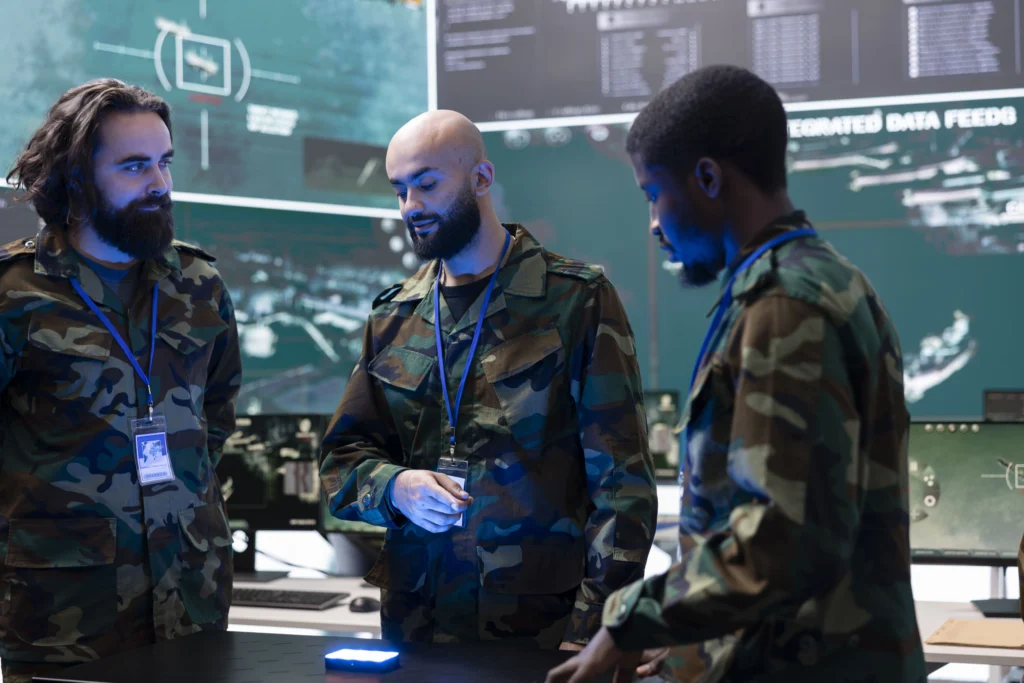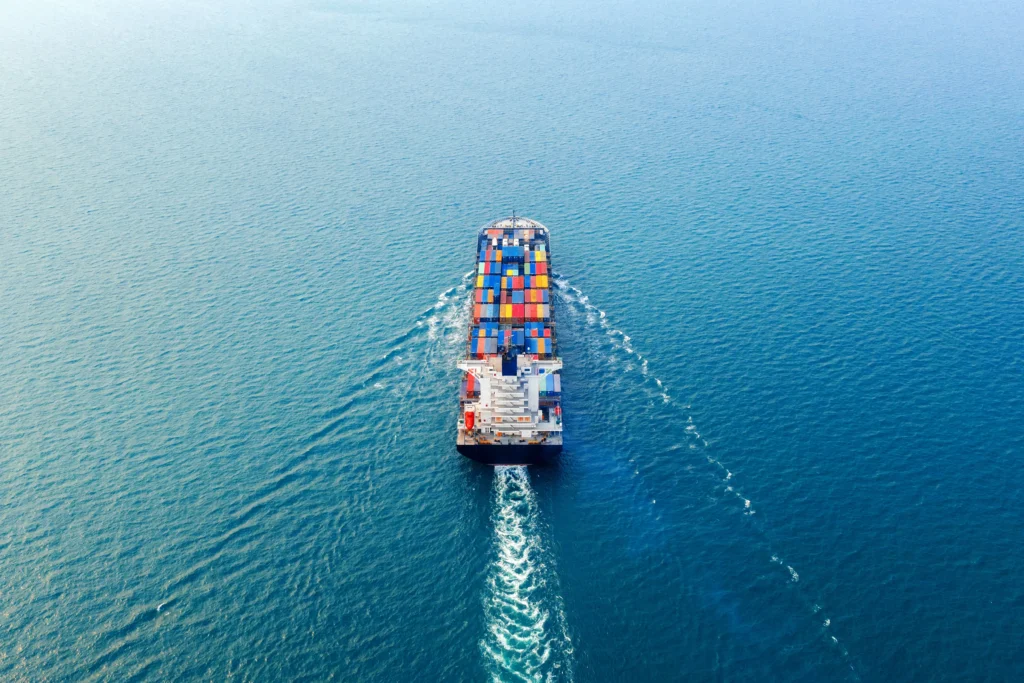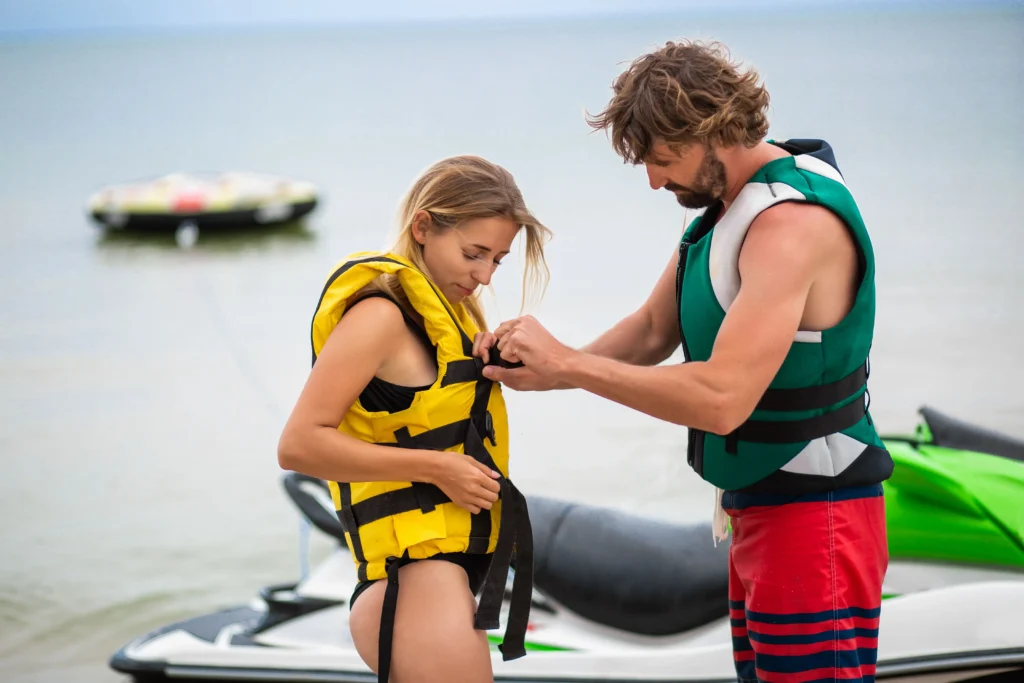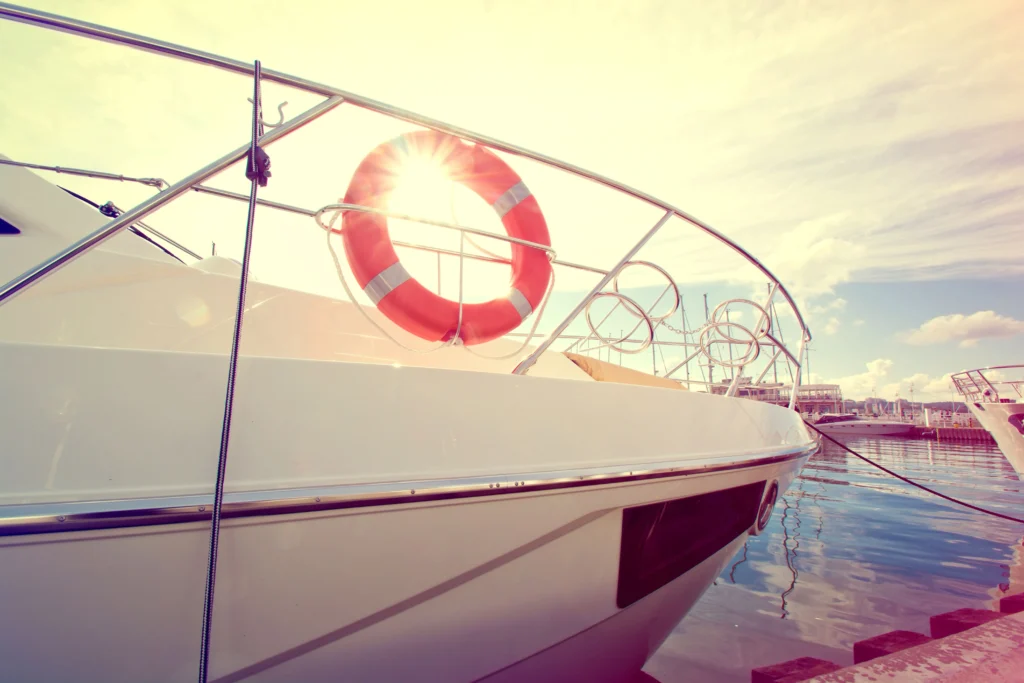Boating Directory Articles
Popular Categories on Boating Directory
Marine Training, Schools and courses in Australia
**Marine Training, Schools, Instructors, and Courses in Australia**

Australia, with its extensive coastline and vibrant maritime industry, offers a wide range of marine training programs to cater to recreational boaters, commercial mariners, and professional sailors. These training programs are designed to ensure safety, develop skills, and meet the regulatory requirements necessary for navigating Australia’s waters. Whether you’re an aspiring yacht captain, commercial deckhand, or someone looking to enjoy recreational boating, Australia has marine training schools and courses to fit all needs.
**Types of Marine Training in Australia**
Marine training in Australia encompasses several areas, including:
1. **Recreational Boating Licenses**
2. **Commercial Maritime Training**
3. **Sailing and Yachting Instruction**
4. **Specialist Marine Courses (e.g., Marine Engineering, Navigation, Radio Communication)**
**Recreational Boating Training and Licenses**
**Recreational Boat Licenses**
In most Australian states, recreational boaters are required to obtain a boat license before operating a vessel. Training programs and courses are offered to teach the fundamentals of safe boating and prepare individuals for the licensing exam. A typical course covers topics such as:
– Maritime safety rules and regulations
– Navigation and marine charts
– Use of safety equipment
– Understanding weather conditions
– Basic boat handling
**Personal Watercraft (PWC) License**
For those who want to operate jet skis or other personal watercraft, a specific license is required. Many marine schools offer courses tailored to PWC operators, teaching safe operation, handling, and the specific rules governing these vessels.
**Popular Schools Offering Recreational Training**
– **Australian Boating College**: With locations across Australia, this college offers recreational boat and PWC license courses. Their programs are known for being user-friendly and accessible for beginners.
– **Sea School International**: Operating nationwide, Sea School International offers recreational boating courses, including powerboat and jet ski license training.
– **Yachting Australia (Australian Sailing)**: For those interested in learning to sail, Yachting Australia offers courses from beginner to advanced, focusing on sailing theory, navigation, and practical skills.
**Commercial Maritime Training**
Australia’s maritime industry requires a range of skilled professionals, from deckhands to ship captains. To meet this demand, commercial marine training is provided by specialized schools that offer accredited courses for various qualifications.
**Certificates and Qualifications**
Commercial mariners in Australia must obtain recognized qualifications, which vary depending on the type of vessel and the job role. Common certifications include:
– **Certificate of Competency**: For roles such as deckhands, masters, and engineers, this certificate is essential for commercial operations.
– **Master Class 5 (Skipper’s Ticket)**: Aimed at those looking to become masters of vessels up to 24 meters in length, this certification allows you to operate in coastal waters.
– **Marine Engine Driver**: For individuals interested in working as marine engineers, this certification focuses on operating and maintaining marine engines.
– **Coxswain Certificate**: This qualification allows the holder to command vessels up to 12 meters long in sheltered waters. It is a common entry-level certification for those working in commercial fishing or tourism.
**Course Content**
Commercial maritime courses cover:
– Vessel operations and navigation
– Emergency response and first aid
– Engine maintenance and marine mechanics
– Maritime law and regulations (including Marine Safety Queensland and Australian Maritime Safety Authority (AMSA) requirements)
– Safety management systems and risk assessments
**Popular Commercial Maritime Schools**
– **TAFE Queensland Maritime College**: Offers a wide range of maritime courses, from deckhand certifications to advanced skipper and marine engineering qualifications.
– **AMC (Australian Maritime College)**: Located in Tasmania, AMC is one of Australia’s premier institutions for maritime studies, offering commercial courses and degrees in maritime engineering, ship management, and marine science.
– **Sea School International**: Provides AMSA-accredited commercial maritime training in locations around Australia
**Sailing and Yachting Instruction**
**Recreational Sailing Courses**
Australia’s sailing culture is strong, and there are numerous schools that offer courses for those who wish to sail recreationally or competitively. These courses typically focus on practical skills, including:
– Sail trimming and boat handling
– Navigation and seamanship
– Safety at sea and emergency procedures
– Racing tactics (for competitive sailors)
**Yachting Australia (Australian Sailing) Certification**
Australian Sailing, the national authority for sailing, offers a structured pathway of courses for sailors of all levels, from beginners to advanced:
– **Start Sailing**: Introductory courses that teach basic sailing theory and practical skills.
– **Inshore and Offshore Sailing**: These courses cover navigation, sail handling, and safety for sailors who want to venture further afield.
– **Keelboat and Dinghy Courses**: Specific training for different types of boats, teaching boat handling, racing, and tactical skills.
**Advanced Sailing Qualifications**
– **Yachtmaster**: For sailors looking to gain professional qualifications, the internationally recognized Yachtmaster certification is offered. This course teaches advanced navigation, seamanship, and leadership skills required to skipper larger vessels.
**Popular Sailing Schools**
– **Pacific Sailing School (Sydney)**: Offers Australian Sailing-accredited courses ranging from beginner dinghy sailing to advanced yachtmaster qualifications.
– **Royal Queensland Yacht Squadron**: Located in Brisbane, this yacht club provides sailing courses, racing programs, and certification in recreational and competitive sailing.
– **South Passage – Tall Ship Sailing**: Based in Queensland, South Passage offers hands-on sailing experiences on a traditional tall ship, perfect for those interested in classic sailing techniques.
**Specialist Marine Courses**
In addition to general boating and sailing courses, there are specialized marine training programs designed to meet specific industry needs. These courses cover areas such as marine engineering, radio communication, navigation, and first aid at sea.
**Marine Radio Operator’s Certificate of Proficiency (MROCP)**
A must-have qualification for anyone using marine radios, including VHF and HF sets. The course covers radio operation, distress signals, and emergency procedures.
**Marine Engineering**
For those pursuing a career in marine engineering, schools offer in-depth courses that focus on engine mechanics, fuel systems, hydraulics, and electrical systems.
**Sea Survival Training**
This course focuses on survival techniques and emergency procedures for offshore sailing. It includes practical exercises in life rafts, personal survival kits, and first aid.
**Popular Schools for Specialist Training**
– **Maritime Training Centre (Sydney)**: Specializes in marine radio operation and sea survival courses.
– **RMIT University (Melbourne)**: Offers marine engineering programs focused on technical skills and maritime mechanics.
– **West Coast Institute of Training (Perth)**: Known for its courses in marine safety and radio communication.
**Role of Instructors and Training Standards**
Marine instructors in Australia must be accredited by relevant authorities such as AMSA or Australian Sailing, ensuring they are highly skilled and experienced. The instructors typically come from professional maritime backgrounds, including commercial mariners, retired naval officers, and competitive sailors.
Accredited training schools must adhere to stringent safety and educational standards to ensure students receive the highest quality of training. This includes complying with both national and international maritime regulations.
**Conclusion**
Marine training in Australia is vital for ensuring the safety, competence, and enjoyment of those who take to the seas—whether for recreation or as part of their career. From recreational boating licenses to advanced commercial qualifications and specialist courses, Australia’s marine schools provide diverse training opportunities tailored to a wide range of maritime needs. Whether you’re aiming to sail for fun, operate a commercial vessel, or pursue a career in marine engineering, Australia has a broad network of accredited instructors and schools ready to support your journey.
Sponsored Business
Related Articles
Inboard Engine Service and repairs
Boating Directory Articles Popular Categories on Boating Directory Marine Clothing...
Read MoreBoat transport shipping
Boating Directory Articles Popular Categories on Boating Directory Marine Clothing...
Read MoreJet Ski Sales, Service and repairs
Boating Directory Articles Popular Categories on Boating Directory Marine Clothing...
Read MoreNaval Architects
Boating Directory Articles Popular Categories on Boating Directory Marine Clothing...
Read More


